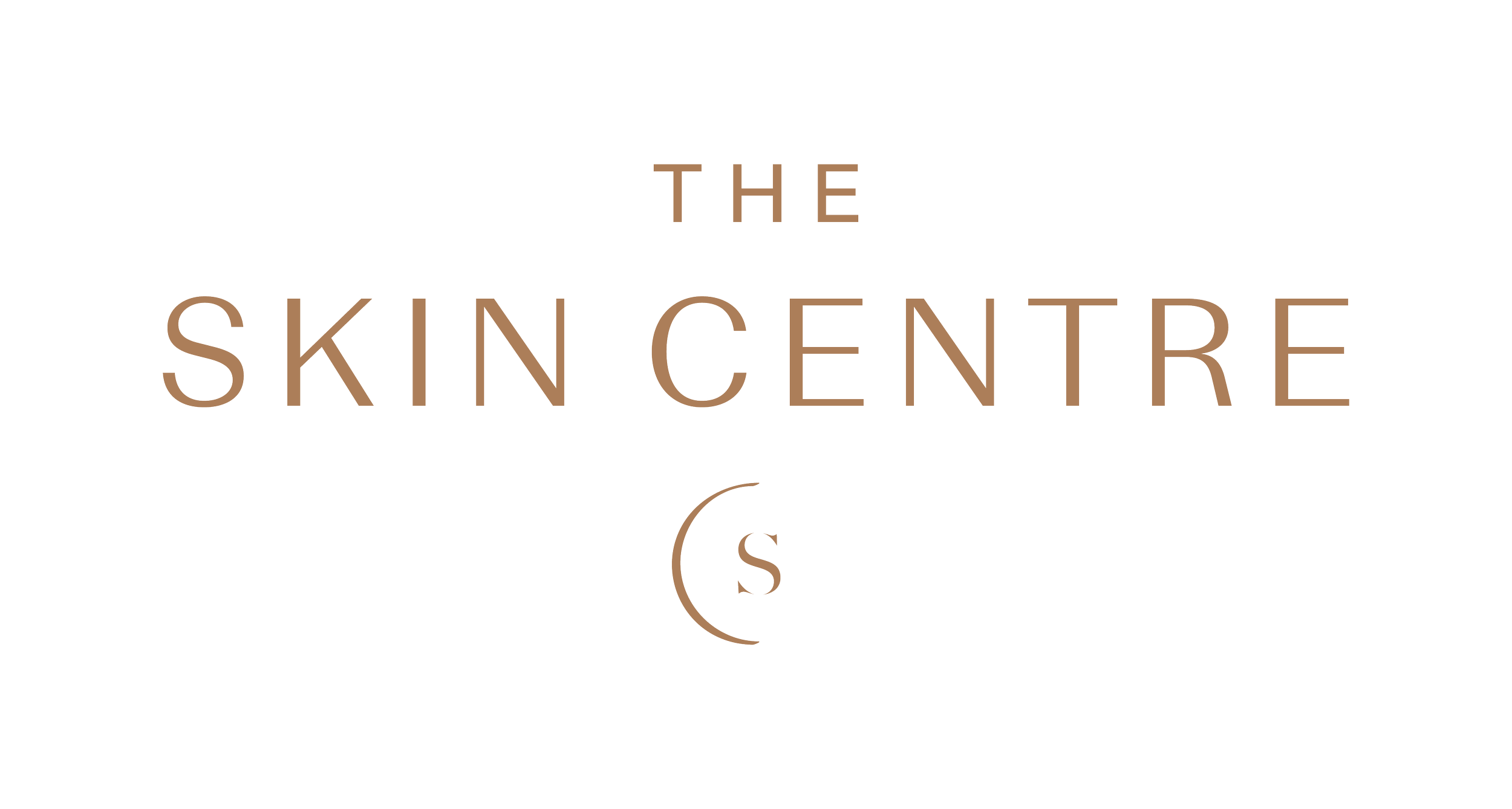Basal Cell Carcinoma (BCC)
A Basal Cell Carcinoma (BCC) is the most common form of skin cancer accounting for 70% of all non-melanoma skin cancers in Australia. Fortunately, they are slow growing cancers that virtually never spread to other parts of the body and with early detection and treatment are usually completely curable. However, they can grow quite large, destroying surrounding structures, therefore removal when they are small is best to avoid extensive surgery. There are several forms of BCC with a diverse range of clinical features. They can appear as slow growing thin plaques, pink or pearly nodules, a non healing sore or a scar like area of skin depending on the subtype. Sometimes the edge of the BCC can be difficult to detect and the skin cancer may in fact be much larger than it appears. Diagnosis of these lesions is often delayed as the may indistinct in their early stages. The sun plays the most important role in the development of BCC, however fair skin, a family history and certain genetic syndromes can all predispose to increased risk of disease.
After diagnosis has been made on biopsy, there are several treatment options available for BCC depending on the size, type, location of the lesion and patient factors such as preference, age and health. These treatment options include topical agents, cryotherapy, curette and cautery, photo-dynamic therapy, wide local excision, Mohs micrographic surgery, radiotherapy and in some cases oral chemotherapy.
